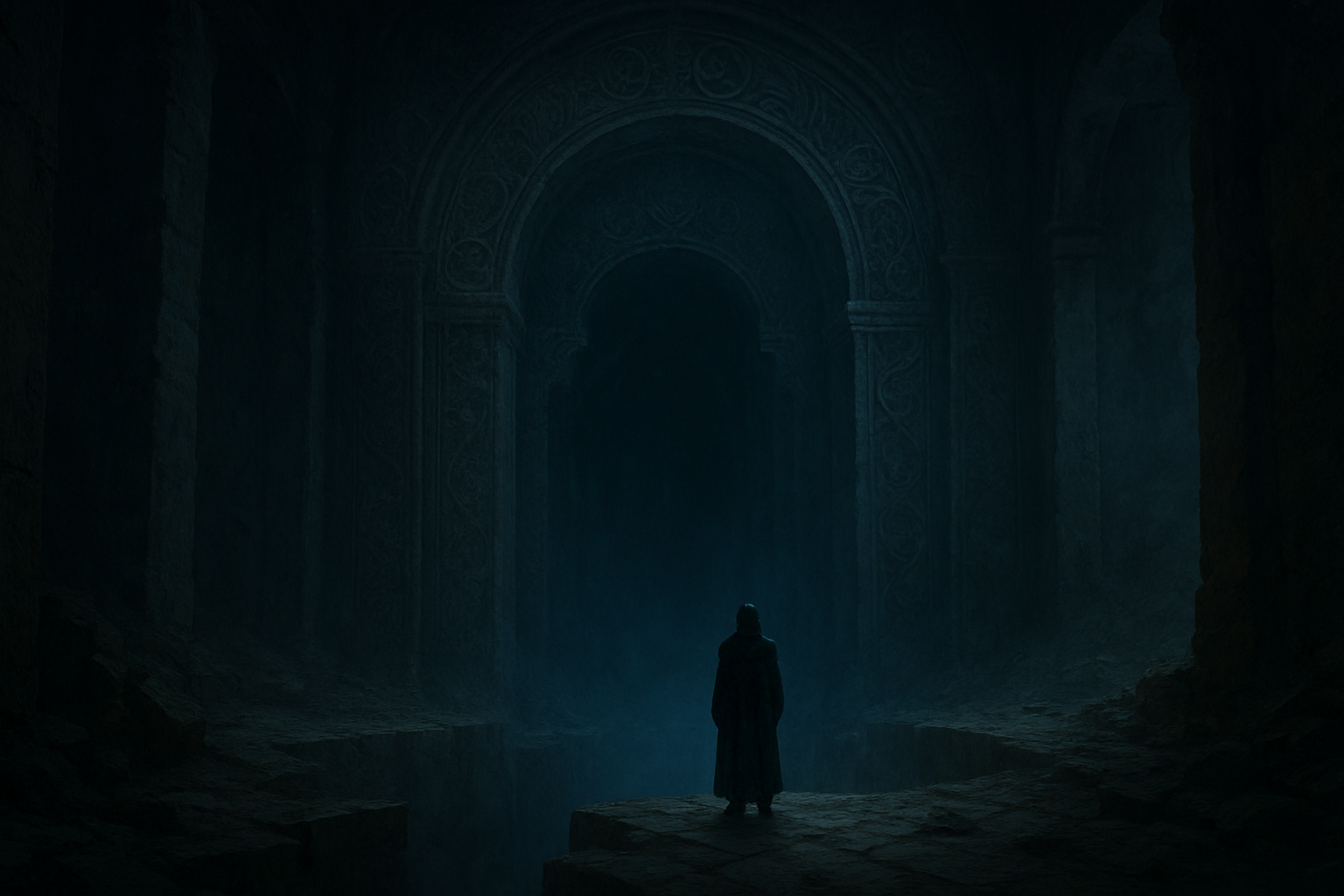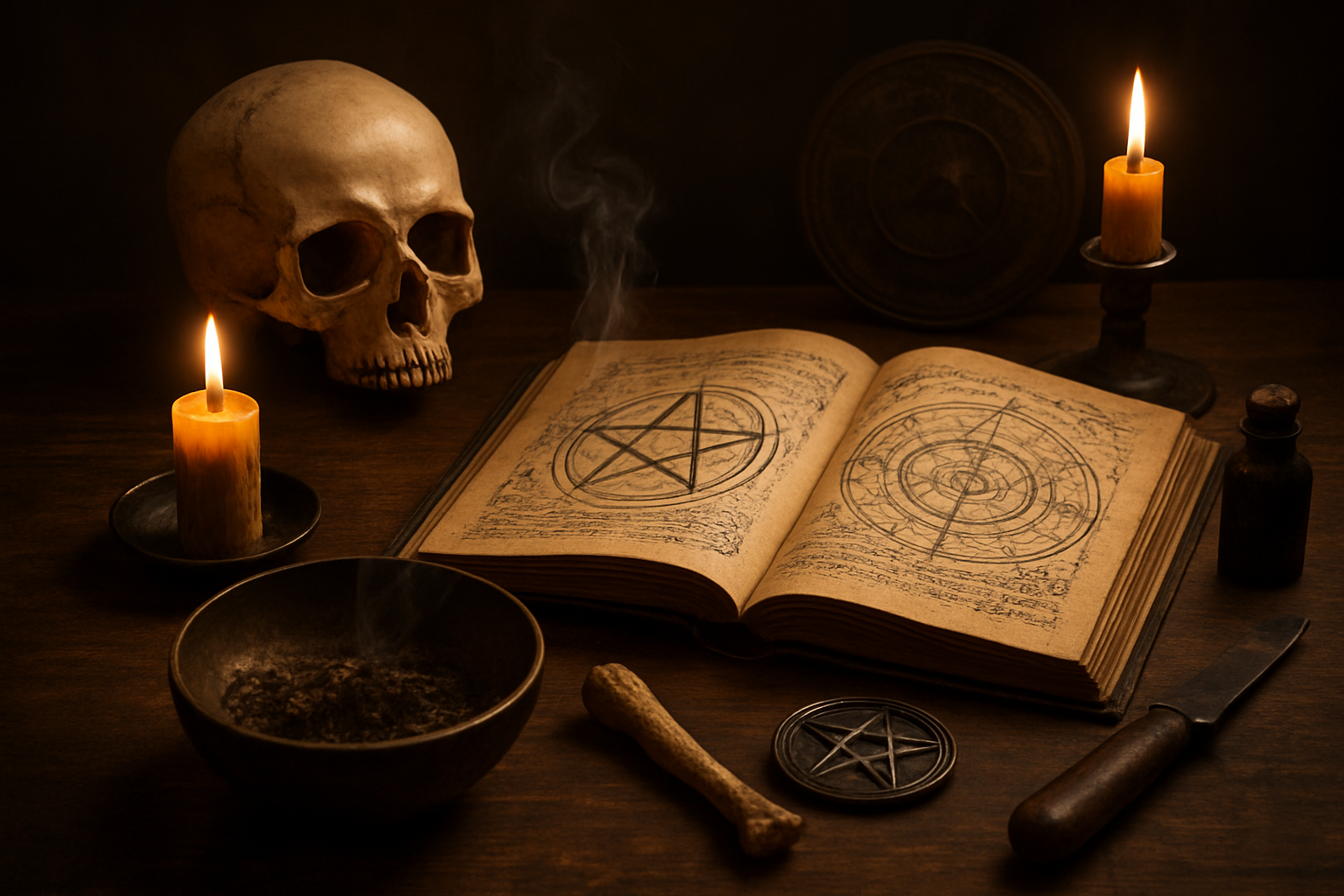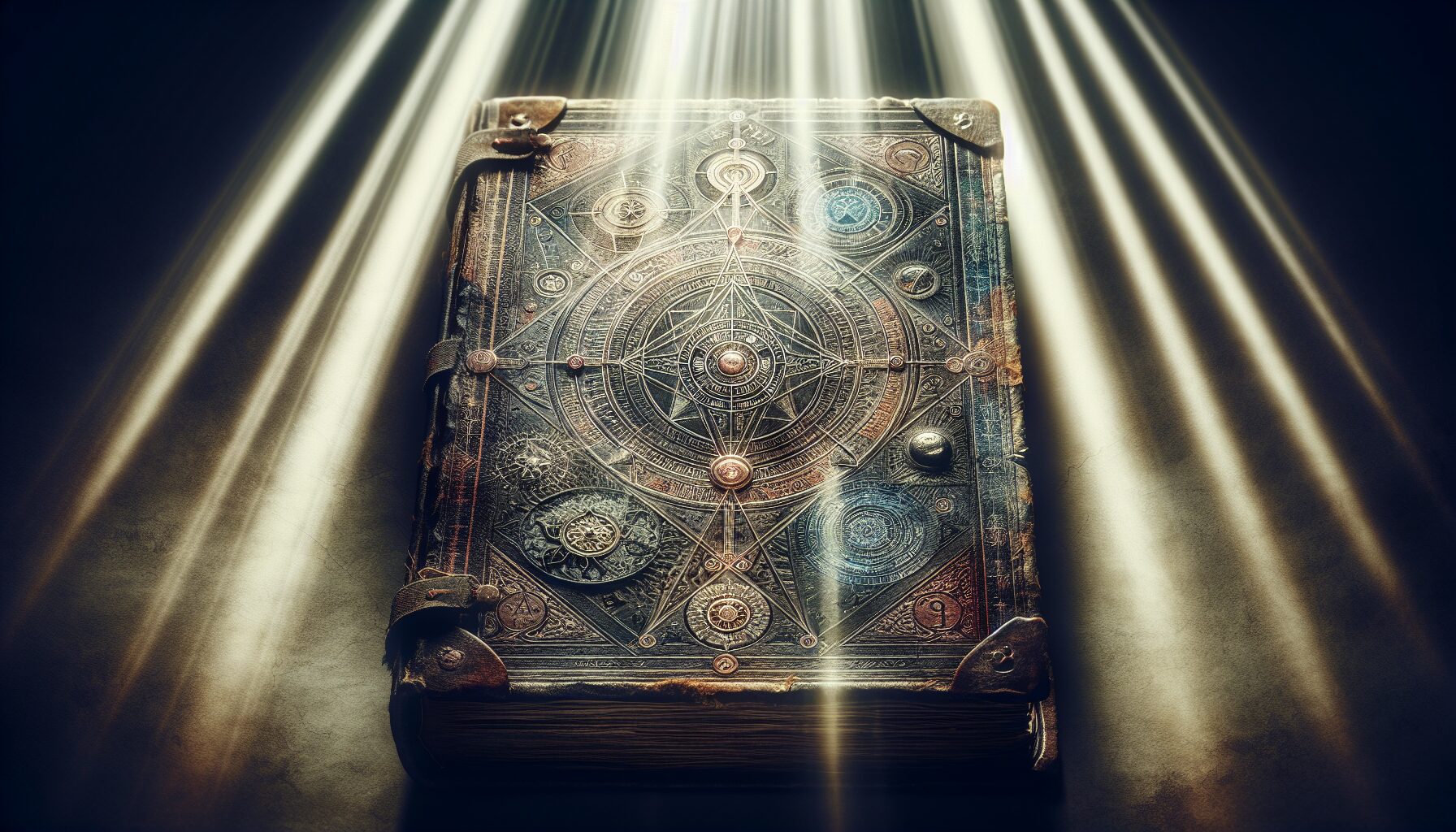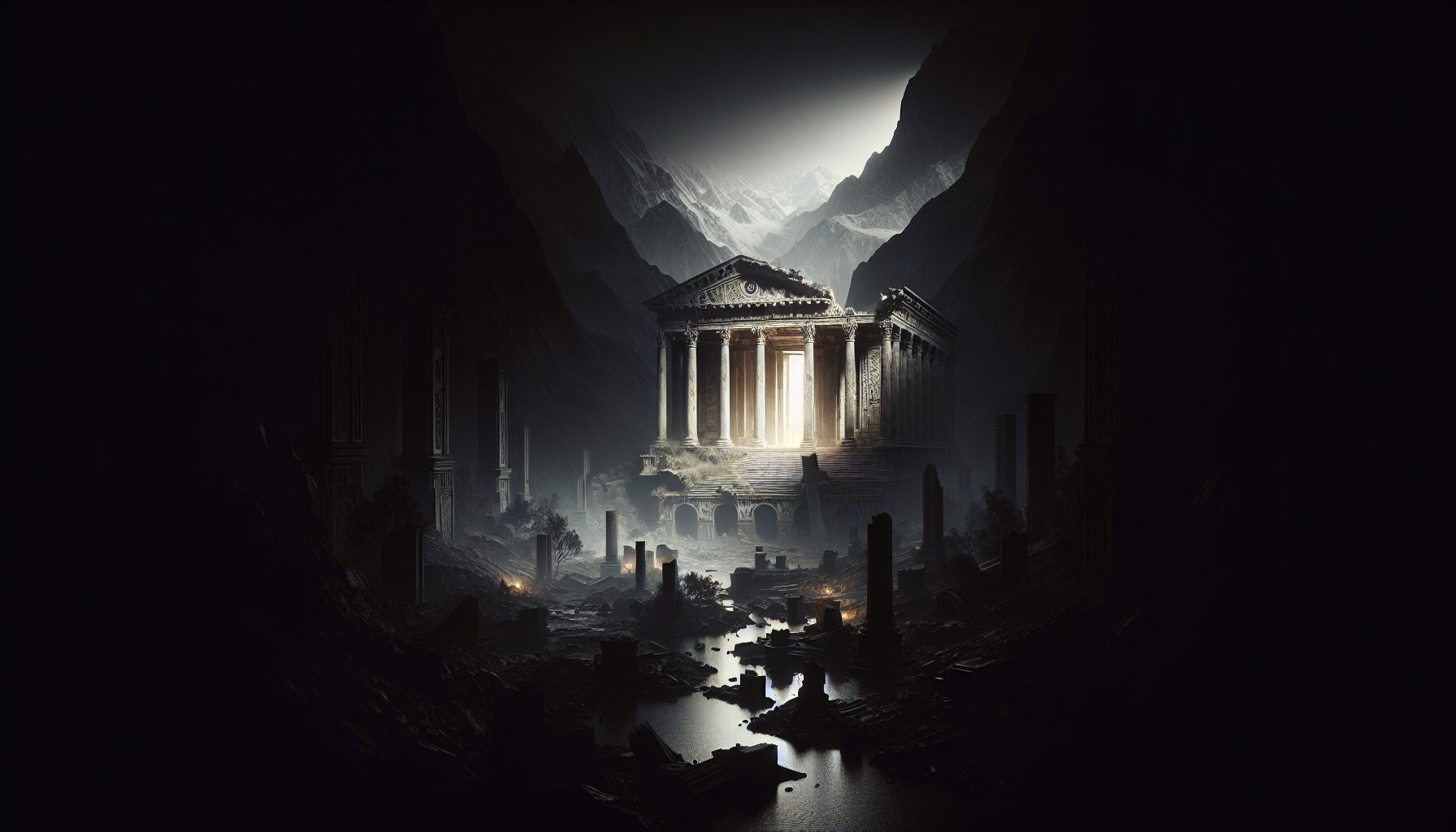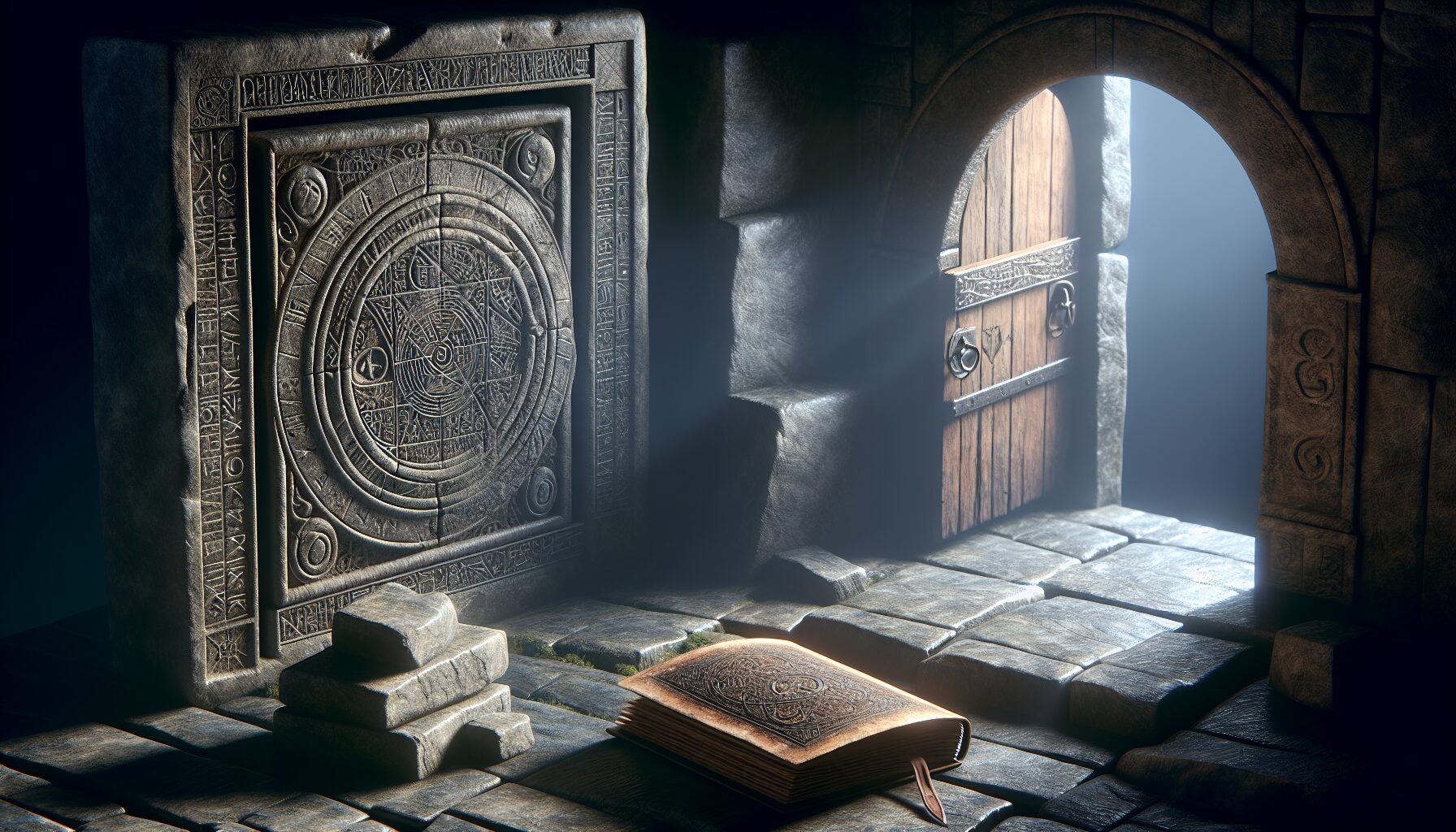Arcane Abyss: Emptiness and Hidden Knowledge
The notion of an ‘Arcane Abyss’ conjures images of deep, dark voids brimming with secrets unknown to the commonplace world. It symbolizes the mysterious interface where emptiness and hidden knowledge coexist, a concept that has piqued the curiosity of philosophers, mystics, and seekers for centuries.
The Concept of the Abyss
At its core, the concept of the abyss represents an unfathomable chasm, both literal and metaphorical. The abyss is often depicted in literature and mythology as a formidable void, a place beyond the reach of ordinary perception. Philosopher Friedrich Nietzsche warned, “And if you gaze long enough into an abyss, the abyss will gaze back into you.” This idea encapsulates a paradox: in seeking the abyss’ concealed knowledge, one risks being consumed by it.
Historical Perspectives on Emptiness
The idea of emptiness as a source of potential has been explored in multiple cultural and philosophical traditions. In Buddhism, for example, the notion of Śūnyatā or “emptiness” is a core tenet that suggests the absence of inherent existence in all phenomena. It is through understanding this emptiness that one can achieve liberation and enlightenment.
“Form is emptiness, emptiness is form,” states the Heart Sutra, one of Buddhism’s most profound teachings.
This truth promotes the idea that emptiness is not a void lacking in everything, but rather the fertile ground for potential.
Mythological Roots and Hidden Knowledge
Throughout mythology, the abyss is often depicted as a guardian of hidden knowledge. In Greek mythology, the abyss is likened to Tartarus, a deep, gloomy part of the underworld where secrets of the cosmos were believed to be hidden. In the Norse sagas, Yggdrasil, the world tree, extends its roots into the mysterious depths of the unknown, symbolizing access to cosmic wisdom.
- The Greek Oracle of Delphi’s Pythia would enter trances induced by abyssal fumes, believed to convey cryptic messages from the gods.
- In Norse mythology, Odin, in his quest for knowledge, sacrifices his eye to drink from the Well of Mimir, which lay in the depths of the abyss, representing the pursuit of wisdom despite great personal cost.
Modern Interpretations and the Quest for Knowledge
Modern interpretations of the arcane abyss often intersect with psychological theories and the quest for self-discovery. Carl Jung’s concept of the ‘Shadow’ involves confronting the abyss within oneself. The shadow represents the unknown ‘darker’ side of our personality, encompassing both suppressed desires and untapped potential.
Jung asserted, “Knowing your own darkness is the best method for dealing with the darknesses of other people.” By peering into our personal abyss, we unearth hidden facets of ourselves, thereby gaining deeper psychological insight.
Science Meets the Abyss
Science, too, flirts with the abyss in its quest to unravel the universe’s secrets. The explorations of black holes, often termed ‘cosmic abysses,’ exemplify humanity’s desire to decipher hidden knowledge. Astrophysicist Stephen Hawking described black holes as “a black body with no hair” referring to their seemingly simple physical characteristics that conceal complex information about the universe.
“We are all now connected by the Internet, like neurons in a giant brain.” – Stephen Hawking
This broader access to collective knowledge mirrors the interconnectedness characteristic of the abyss, where one discovery influences and enriches another.
The Abyss in Popular Culture
In popular culture, the concept of the abyss continues to inspire writers and filmmakers as they explore themes of emptiness and hidden knowledge. Movies like Interstellar depict protagonists voyaging into the abyss of space, portraying the search for new discoveries as a confrontation with both fear and enlightenment.
- The feature film Event Horizon presents a literal and metaphorical void into which a spaceship ventures to unlock cataclysmic secrets.
- Lovercraftian literature often situates its narrative in front of cosmic abysses, filled with ancient esoteric knowledge that can drive one to madness.
Spiritual and Philosophical Approaches
On a spiritual level, exploring the abyss involves meditation and introspection, looking inward into the infinite depths of the mind. Such practices echo the philosophical assertion posited by Socratic thought: “The unexamined life is not worth living.” Delving into one’s inner abyss can reveal hidden truths and shed light on one’s true nature.
Conclusion: Embracing the Arcane Abyss
The arcane abyss remains a potent metaphor for the pursuit of knowledge beyond the known. It challenges us to confront the emptiness of our understanding and invites us to uncover the profound wisdom lurking in the unknown. As we stand on the precipice of this abyss, it is not only the darkness we should fear but the unrealized light that knowledge might bring.
Engaging with the arcane abyss requires courage and a willingness to embrace uncertainty. Whether through myth, philosophy, spirituality, or science, the journey into the abyss is a timeless quest with the promise of discovery and transformation. Like the universe itself, the arcane abyss is simultaneously a challenge and an invitation—to explore, to understand, and to illuminate the dark corners of our reality.
